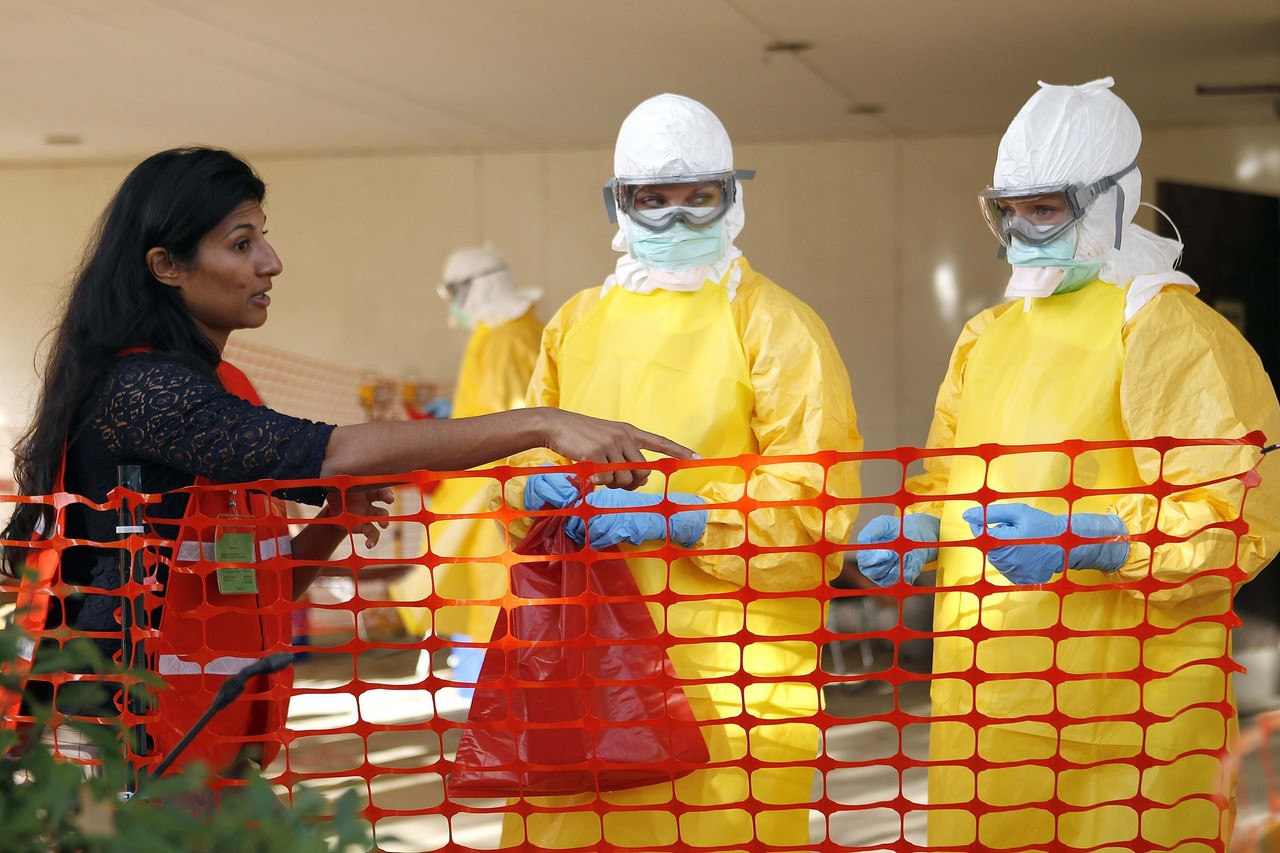The Ebola outbreak of 2014 presented not only a public health crisis but also an ethical quandary that transcended medical intervention. In exploring the Bahá’í teachings in the context of such an epidemic, it becomes evident that a multifaceted approach is essential, embracing humanitarian principles, spiritual development, and community cohesion. The Bahá’í perspective emphasizes the synergy of spiritual and material civilization, demonstrating that health crises, such as the Ebola outbreak, demand more than just traditional medical responses.
Firstly, it is crucial to acknowledge the holistic nature of health within the Bahá’í framework. The teachings advocate for a comprehensive understanding of well-being that encompasses physical health, social equity, and spiritual prosperity. Addressing the Ebola outbreak necessitates not only the control of the virus but also the strengthening of community structures and the enhancement of individual and collective resilience. This is reflected in the Bahá’í principle of the oneness of humanity, which underscores that the well-being of one is intrinsically linked to the well-being of all.
In solidarity with suffering communities, Bahá’ís are encouraged to actively engage in social action that transcends the mere provision of medical care. Such action includes promoting education about the disease, facilitating open dialogues, and empowering individuals to participate in their communities’ health strategies. The teachings advocate for the active involvement of every community member in public health initiatives, fostering a sense of ownership and responsibility.
Secondly, the ethical implications of medical treatment highlight the need for a principled approach to health care. The Bahá’í writings emphasize justice and equity, urging that all individuals, regardless of their socio-economic status, should have access to adequate medical care. In regions severely affected by Ebola, disparities in health care access became glaringly apparent. The Bahá’í teachings compel the global community to address such inequities and advocate for systems that ensure health resources are equitably distributed, thereby promoting a spirit of compassion and fairness.
The existence of social stigmas surrounding Ebola necessitates an urgent response that incorporates education and awareness-raising efforts. Bahá’í principles promote the eradication of prejudice and the importance of unity in diversity. It is vital to combat the misinformation and fear that often accompanies health crises. Here, community engagement plays a pivotal role in dispelling myths and fostering an environment of trust. Community health workers, informed by Bahá’í teachings, can become vital liaisons, educating their peers and promoting accurate information about the disease while also emphasizing the dignity of affected individuals.
Moreover, the role of prayer and spiritual reflection cannot be overlooked in navigating crises such as the Ebola outbreak. The Bahá’í faith teaches that prayer is a source of solace and strength. As communities grappled with fear and uncertainty, spiritual resources provided a context for emotional support and resilience. Collective prayers and meditations can unite communities, reinforcing a shared commitment to supporting one another. This spiritual engagement serves as both a coping mechanism and a means of reinforcing communal bonds, thus addressing the emotional toll stemming from the outbreak.
Another significant aspect of Bahá’í teachings relevant to the Ebola outbreak is the principle of consultation. This collaborative decision-making process involves gathering diverse perspectives, fostering inclusivity, and reaching a consensus that reflects a community’s values and needs. In the wake of an outbreak, health authorities, NGOs, and local leaders can benefit from the insights and experiences of those within the community. Such an approach not only enhances the effectiveness of interventions but cultivates a sense of belonging and cooperation that is essential for overcoming adversity.
The necessity of fostering global cooperation becomes apparent when addressing health emergencies like the Ebola outbreak. Bahá’í teachings insist that humanity must work as a unified body. The shared responsibility for health and well-being goes beyond national borders; global health is a collective concern. Nations should collaborate in research, resource sharing, and rapid response mechanisms to prevent and address outbreaks cooperatively. This interconnectedness emphasizes the vital necessity for mutual assistance, especially in times of crisis.
Integration of cultural competency within health practices is another critical element illuminated through Bahá’í principles. Recognizing and respecting local customs and practices in the design and implementation of health interventions can significantly enhance their effectiveness. Bahá’í teachings advocate for an appreciation of diversity, enabling health programs to be more culturally relevant and thus more readily embraced by the communities they serve.
Finally, in the aftermath of such health crises, the Bahá’í teachings encourage a shift towards a more proactive and preventative health paradigm. Lessons learned from the Ebola outbreak should not remain as mere historical footnotes but should inform future practices and policies. Sustainable health systems that incorporate community training, preventive measures, and robust emergency response plans are imperative. Bahá’í principles call for an ongoing commitment to learning, adaptation, and the cultivation of knowledge within communities.
In conclusion, the response to the Ebola outbreak exemplifies the need for a holistic approach that goes beyond conventional medical treatment. The Bahá’í teachings encourage a framework that integrates spiritual, ethical, and social dimensions, emphasizing community involvement, education, and global cooperation. In facing future health crises, the principles of unity, equity, and consultation can pave the way toward more resilient and compassionate communities.
